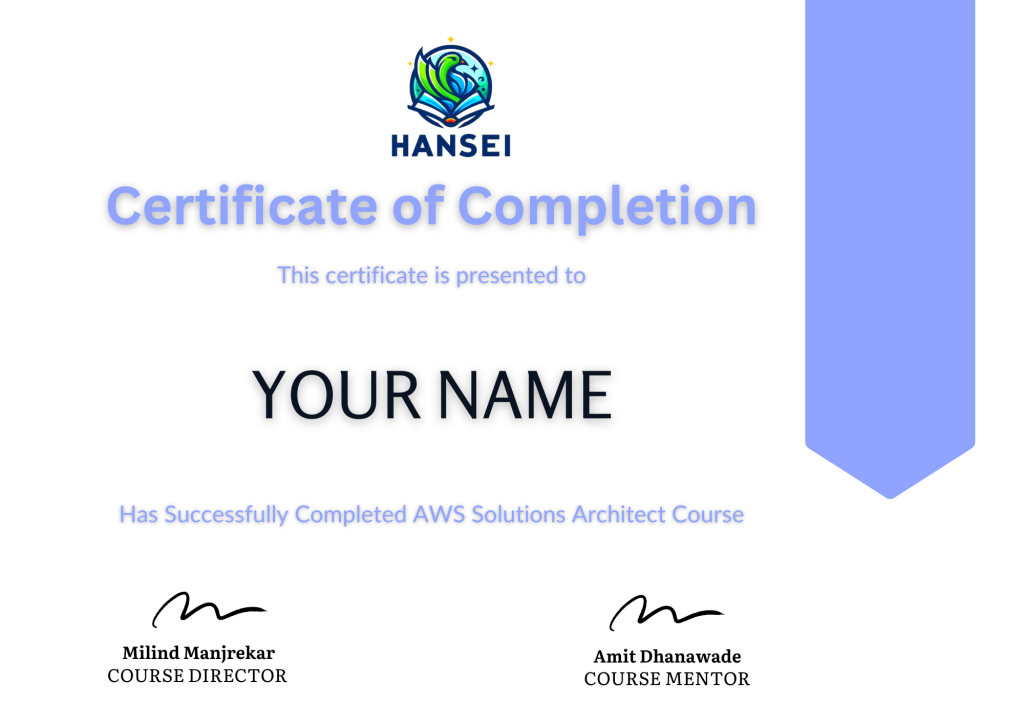- 8 Hours
- Beginner Level
- Weekend /Weekday
About
This course will give you an overview of cloud native technologies, and then dives into container orchestration. You will review the high-level architecture of Kubernetes, understand the challenges of container orchestration and how to deliver and monitor your applications in distributed environments. The course will also discuss how container orchestration differs from legacy environments and much more.
Kubernetes Fundamentals
This course will give you an overview of cloud native technologies, and then dives into container orchestration. You will review the high-level architecture of Kubernetes, understand the challenges of container orchestration and how to deliver and monitor your applications in distributed environments. The course will also discuss how container orchestration differs from legacy environments and much more.
The Kubernetes Fundamentals course is designed to provide participants with a solid foundation in Kubernetes and cloud-native technologies. Whether you’re new to container orchestration or seeking to enhance your skills, this course covers essential topics related to Kubernetes, microservices, and cloud-native development. This course aligns with KCNA exam.
Prerequisite
Basic understanding of Linux and command-line interfaces.
Familiarity with cloud computing concepts is beneficial but not mandatory.
Target audiences
Individuals seeking to enhance their skills in container orchestration and microservices.
skills you'll gain
Frequently Asked Questions
Why learn Kubernetes?
Docker revolutionized the IT industry by introducing its Portable Lightweight Container Engine. More than 30% of the organizations in the IT industry have already adopted Docker, and the adoption rate is increasing by 40% every year. Over 50% of these environments are orchestrated.
What are the objectives of Hansei’s Kubernetes Course?
After the completion of this Certified Kubernetes Administrator Training at Edureka, you will be able to: – Understand Kubernetes Core Concepts – Deploy a Kubernetes cluster – Secure cluster objects using TLS Certificates – Leverage Kubernetes Networking Concepts – Deploy Services and Load Balancers to route traffic – Implement different Pod Scheduling techniques – Use various Controllers to manage your applications – Create and use Persistent Storage for your applications – Secure your cluster against unauthorized access – Monitor and log your cluster events – Troubleshoot application and cluster failures
What is Kubernetes?
Kubernetes streamlines the operational aspects of container management. It comes equipped with integrated commands for deploying applications, implementing updates to your software, adjusting the scale of your applications to meet evolving requirements, monitoring application performance, and more. All of these capabilities combine to simplify the overall task of application management.It has a large, rapidly growing ecosystem. Kubernetes is not a traditional, all-inclusive PaaS (Platform as a Service) system. It can help you deliver and manage containerized, legacy, and cloud-native apps and those being refactored into microservices.
What are the various job roles available on completion of this Kubernetes Certification Course?
You can get various job roles as – – Site Reliability Engineer, – Staff Kubernetes Infrastructure Engineer, – Infrastructure Engineer, – Kubernetes DevOps Engineer, – Software Engineer, – Linux Kubernetes Engineer – Full-Stack Developer
Earn a career certificate
- Professional Recognition: It serves as proof of your dedication and accomplishment, which can be recognized by employers and peers.
- Skill Validation: The certificate validates the skills you’ve acquired, demonstrating your expertise in the subject matter.
- Enhanced Resume: Adding the certificate to your resume can enhance your job prospects by showcasing your commitment to professional development.

Modules
Understand the fundamentals of containers, Docker, and Kubernetes.
Explore the benefits of containerization and how it revolutionizes application deployment.
Dive into Kubernetes architecture, including the control plane and worker nodes.
Learn about key components like Pods, Services, Deployments, and ConfigMaps.
Create and manage Kubernetes resources using YAML manifests.
Deploy applications, scale them, and handle rolling updates.
Configure Services for seamless communication between microservices.
Implement load balancing strategies for optimal traffic distribution.
Set up monitoring tools like Prometheus and Grafana.
Understand how to collect logs from Kubernetes clusters.
Secure communication between Pods using Network Policies.
Explore RBAC (Role-Based Access Control) for fine-grained access control.
Learn about microservices architecture and its advantages.
Explore CI/CD pipelines and GitOps practices.